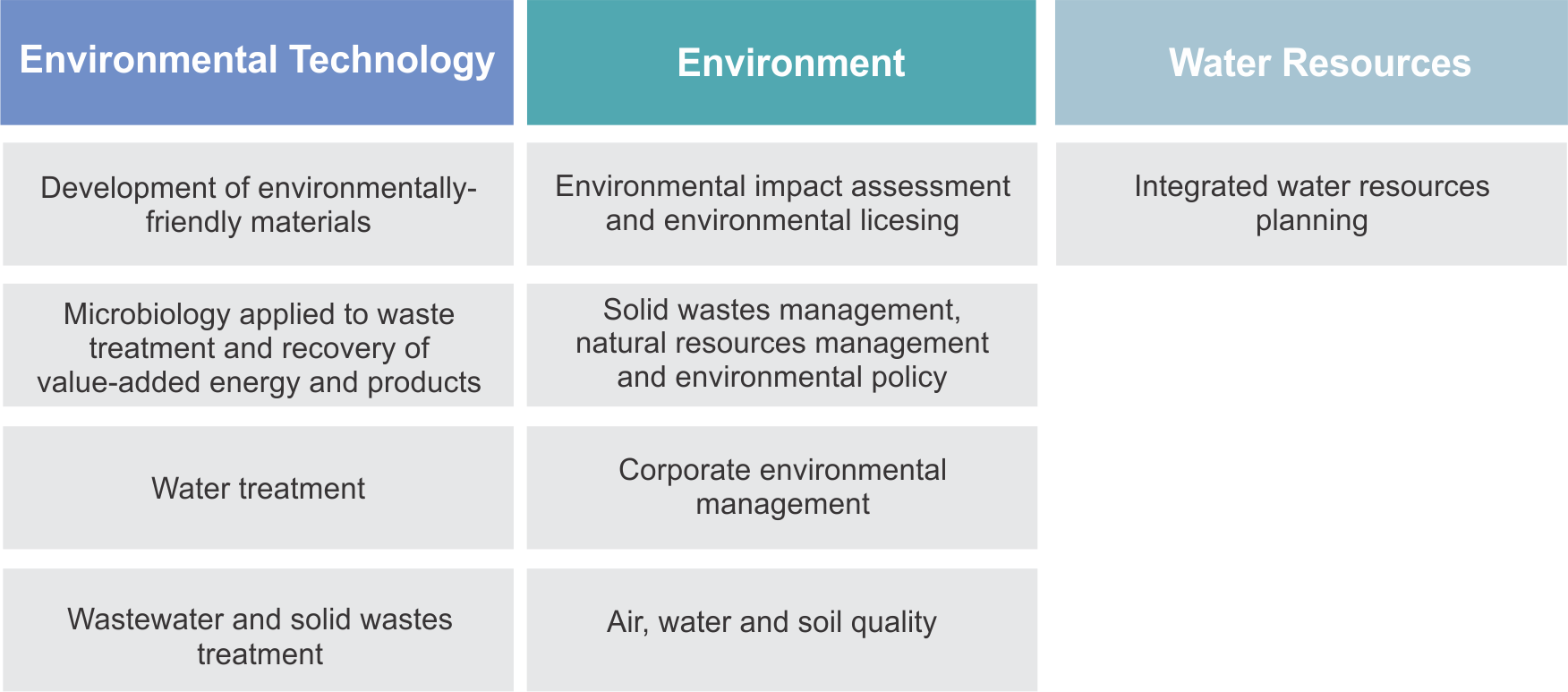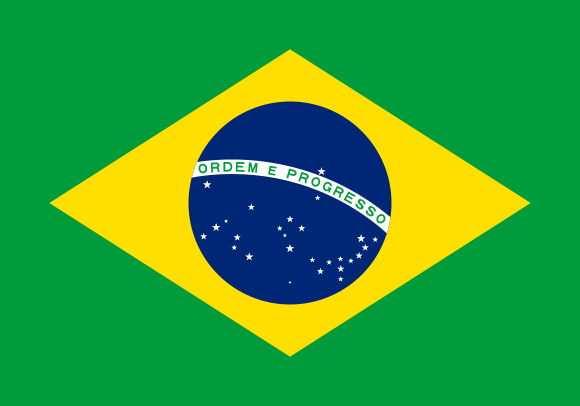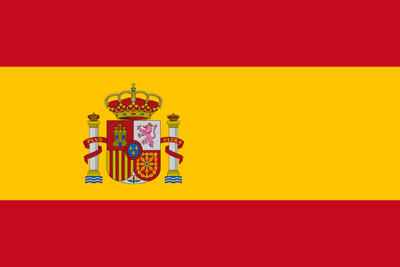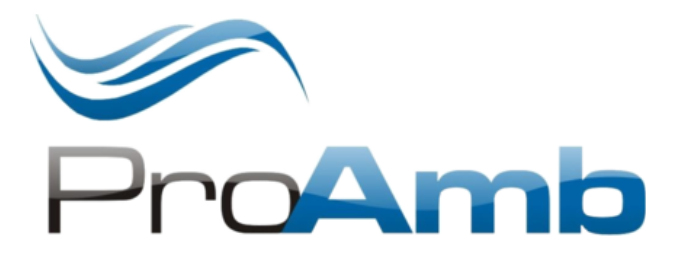The Environmental Engineering Graduate Program (ProAmb) develops multidisciplinary and cross-disciplinary studies on the quality of water resources; the techniques of disposal and treatment of solid waste and liquid effluents; environmental management, licensing and impact assessment, among other themes..
ProAmb’s Master’s Degree Program started in 2001, being accredited by CAPES (Coordination for Higher Education Staff Development) since late-2003. CAPES approved the Environmental Engineering Doctoral Program in December of 2011.
Aiming at optimizing the human and material resources available in the Federal University of Ouro Preto (UFOP), the Environmental Engineering Graduate Program counts with faculty members from several UFOP departments. It is directly associated with the Office of Research and Graduate Studies (PROPP).
Considering the state of Minas Gerais industrial history and UFOP’s location, the Graduate Program in Environmental Engineering has as a mission to approach diverse subjects associated with environmental control in metallurgical industries (iron, steel, aluminum), mining and chemical industries (textile, cement, and others) and the state’s local productive arrangements (furniture, soapstone). It is important to highlight the environmental monitoring of the river basins where these industrial activities are placed (specially the Rio Doce and Rio das Velhas basins) in tune with the actions of the Program’s Faculty as members of regional committees of river basins; and some joint projects with the IGAM (Institute for Water Management of Minas Gerais) within the Águas de Minas Program.
ProAmb achieved grade 5 in CAPES' Graduate Program Ranking System (on a scale of 1 to 7). The overall majority of the programs are grade 3 and 4. ProAmb is among the best Graduate Programs in the country in the field of Environmental Engineering.
Objectives
The Environmental Engineering Graduate Program’s objective is to offer solid education, in a Master’s Degree and Doctorate level in Environmental Engineering.
At the end of the Master’s Degree course the expectation is that the recent graduates are able to recognize, research and propose holistic solutions to technical and administrative problems related to Environmental Engineering, which result from several activities, public and private, domestic and industrial.
At the end of the Doctorate course, it is expected that the former students are able to develop technical-professional competence in an advanced level to perform activities in the areas of environment, water resources and environmental technology in public and private companies. Also, the should have the capacity to act in basic and applied research, producing and contributing to the progress of knowledge in the Environmental Engineering field.
Key Lines of Research
The Program’s lines of research are concentrated in three main areas: Environmental Technology, Environment and Water Resources, as illustrated in the figure below.

ProAmb is a somewhat small and young program. It has been in opperation since 2001 and houses around 15 permanent faculty members. However, the program has been carefully managed in a goal-oriented strategy that turned the program into one of Brazil's top-10 environmental engineering programs. Its researchers have been publishing high-quality articles in international journals, such as:
- Biodegradation
- Bioresource Technology
- Carbohydrate Polymers
- Environmental Impact Assessment Review
- Environmental Management
- Environmental Technology
- Hydrometallurgy
- Journal of Cleaner Production
- Journal of Environmental Engineering
- Journal of Environmental Management
- Journal of Hazardous Materials
- Minerals Engineering
- Water Research
- Water Science and Technology
Below are ProAmb's key numbers and indicators:
| KEY NUMBERS AND INDICATORS (April 2018) | |
| Faculty members | 16 house/permanent and 1 collaborator |
| Faculty members with National Scientific Productivity Grants | 5 |
| Approved dissertations in the program | 203 |
| Approved thesis in the program | 3 |
| Years in operation | 17 |
| CAPES quality grade (1 to 7) | 5 |
| Average Faculty Member Google Scholar H-index | 14 (based on existing profiles) |
| Average Faculty Member Researchgate Score | 25 (based on existing profiles) |
| Faculty members with international PhD degrees | 6 (37,5%) |



